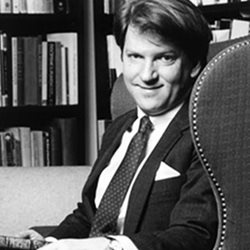The trouble with realism is that it’s so unrealistic. Certainly that’s true of realism as a low-rent metaphysics or epistemology, but it’s true even of the word’s most common usages, as a description of a certain kind of foreign policy and a certain kind of political governance. A dark mirror of idealism, realism would have us ignore half of history, half of human motivation, and half of politics. Half of theology, for that matter.
The legacy of Reinhold Niebuhr’s Christian realism is difficult to assess, because it was never prescriptive, only descriptive of a fallen state that should humble us without preventing us from taking action on the world stage.
What realism can’t see is the truth that idealism holds—that a good portion of history is driven by visions of easing the human condition and belief in progress (especially in the technological applications of science: a motor of the modern age that too many political theorists ignore in their determination to explain the birth of modernity entirely out of the spirit of liberalism). And so, too, any thoughtful account of psychology will note that people are sometimes capable of great altruistic acts. And a theology that declares that humans are nothing but sinks of the vile and the selfish ignores that we are sometimes called to something better.
Of course, the same critique bears on idealism. History shows what the immoral can achieve. An honest philosophical anthropology will inevitably reveal our drive toward aggrandizement and our measuring of success by the failure of others. No good political theory assumes people act solely for good motives. And a theology that assumes we are all good down to the soles of our boots, as we march toward perfection, quickly stumbles.
It cannot be, it should not be, that our understanding is limited to the choice between realism and idealism—as though in foreign affairs we must elect either Klemens von Metternich or Woodrow Wilson. And in domestic matters, choose between the cold iron of Niccolò Machiavelli or the warm goo of Sidney and Beatrice Webb’s sentimental socialism. And in the political arena, vote for either the cynicism of the power-hungry or the violent idealism of the Woke.
Pure realists have missed the genuine call to the good, and pure idealists have missed the genuine depravity of human beings.
As it happens, between the hammer of realism and the Jello bowl of idealism, between the too hard-edged and the too soft-minded, there was an alternative. And its name, from the 1920s through the 1960s, was Reinhold Niebuhr.
There does exist a general definition of his Christian realism. It’s a political theory based on three Christian ideas: that we are basically sinful, that we are free because made in the image of God, and that we are called to love God and our neighbor. From the difficult combination of these truths comes an interest in the balance of power and a demand for humility in policy goals—along with a sense that pure realists have missed the genuine call to the good, and pure idealists have missed the genuine depravity of human beings.
With that general definition in hand, one could trace a line in Christian thought from St. Augustine on. But the general definition misses the singularity of Reinhold Niebuhr. He was a public theologian of a kind we really haven’t had since his death in 1971. A public figure who saw ineradicable sin, shocking his own generation, brought up on the Social Gospel movement in church and socialist utopianism in intellectual circles. A thinker without an overarching theory the public could memorize and squirrel away, the file-card version of his thought. Niebuhr has had plenty of readers, from Arthur Schlesinger to Barack Obama, but they are more self-proclaimed admirers of his thought than actual believers in it. Christian realism was a mighty band that streamed across the American scene and proved to have only Niebuhr in it—like a cavalry charge that, when the dust settles, is revealed to have been just a single rider.
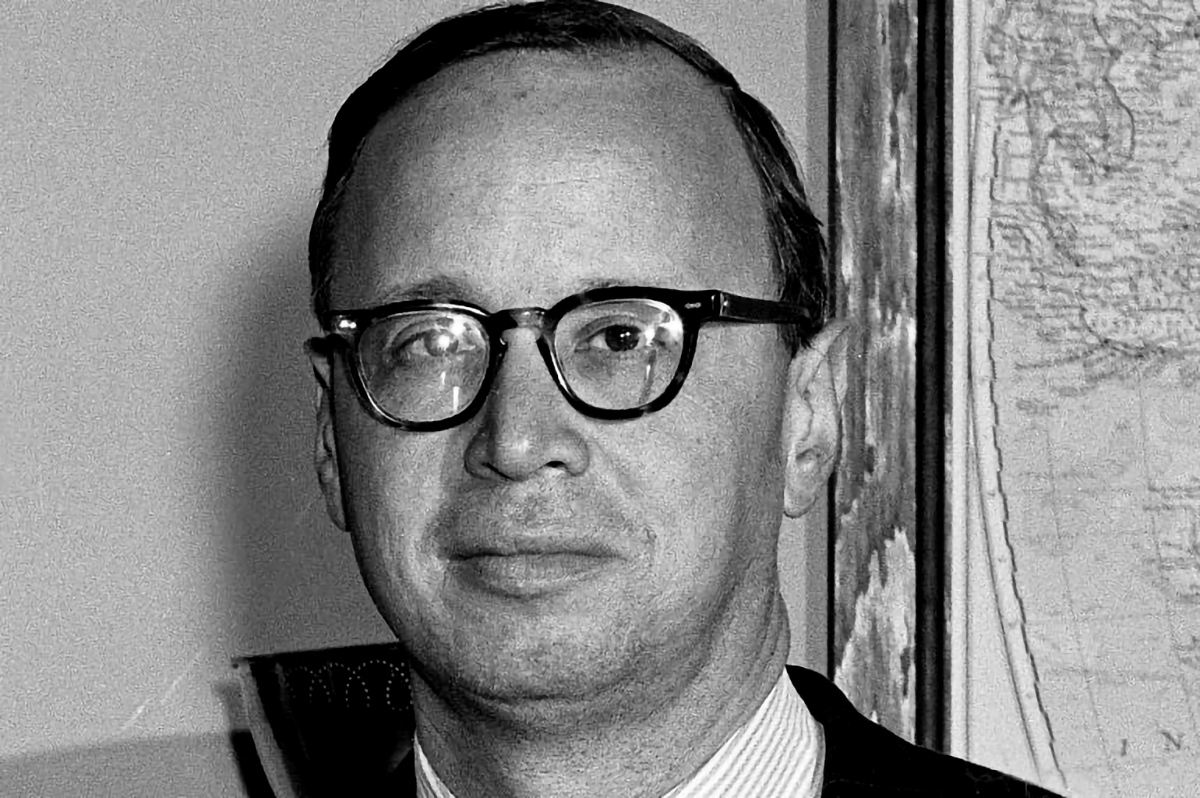
This is the fate of anyone whose system is not actually a system but an attempt to balance conflicting elements—the fate of anyone whose theory is that we need to be sensible and sane. When you’re smart and serious, when you’re someone like Reinhold Niebuhr, it proves judicious, practical, and wise. But the mass of humanity needs rules for thought, requires systems to reason by, rather than a shining example of one man’s intellectual virtue.
Looking for Balance
Niebuhr was often—sometimes annoyingly—self-critical, in a wry and self-deprecating way. He often worried, for example, that his own demands for limiting power were unconsciously attempts to gain power. “I always thought I was a fairly brutal realist,” he wrote in 1928, “but I am beginning to suspect that the whole thing is a pose to hide the sentimental preacher.”
In this case, however, his thinking in the 1920s (when he himself, born in 1892, had not yet come into his full powers) did need revision. Compared to such previous American theologians as Walter Rauschenbusch (1861–1918), the young Niebuhr may have thought himself a realist, holding to a stern Calvinism. But he was, in truth, a Wilsonian optimist in international affairs (insofar as he understood them) and a pacifist. After his ordination as a pastor in 1915, the German Evangelical Synod of North America’s mission board sent him to Bethel Evangelical Church in Detroit, where he adopted and practiced a Social Gospel sense of his mission until he left in 1928 to become professor of practical theology at New York’s Union Theological Seminary.
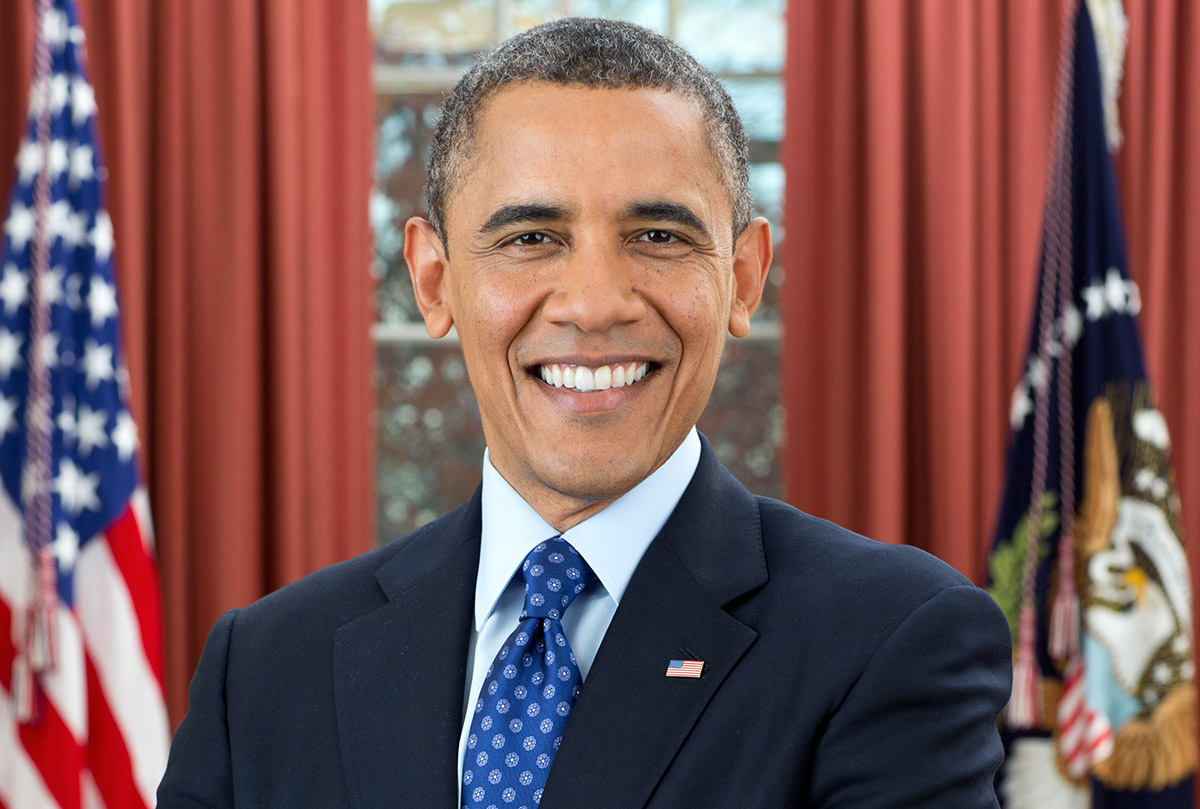
As was typical of intellectuals of his time, Niebuhr began with Marxist sympathies and found them strengthened in New York as he looked back at the factory laborers he had known in Detroit. A kind of native contrariness soon set in, however, and he started to turn against both Wilson and the Social Gospel. He couldn’t see in the real world the effect of dreamy idealism, however much he felt its pull. A visit to Europe—during France’s occupation of the Ruhr, to force Germany to pay reparations for World War I—made him skeptical of grand declarations of human progress: “This, then, is the glorious issue for which the war was fought!”
What emerged from his new views, however, was not pure realism but a sense that balance was needed, rejecting efforts to perfect humanity while accepting that the call to progress was a real presence in the human spirit. He would describe himself as a “tamed cynic,” sane in both his skepticism and his wish for moral improvement. The cynicism of pure realism denied human freedom—but then so did progressive interpretations of history, which gave us Marx’s historical determinism. The tamed cynic insisted both that Original Sin ruled mankind and that individuals, with human freedom, could move toward the good, obeying the Great Commandment to love God and neighbor.
This was an end to his acceptance of the Social Gospel movement, which buried human freedom under the malevolence of inchoate social forces, but Niebuhr did not fully realize it until the Great Depression—which is why he registered as a Socialist and helped found the Fellowship of Socialist Christians, of which his writing and public lectures made him the most prominent member.
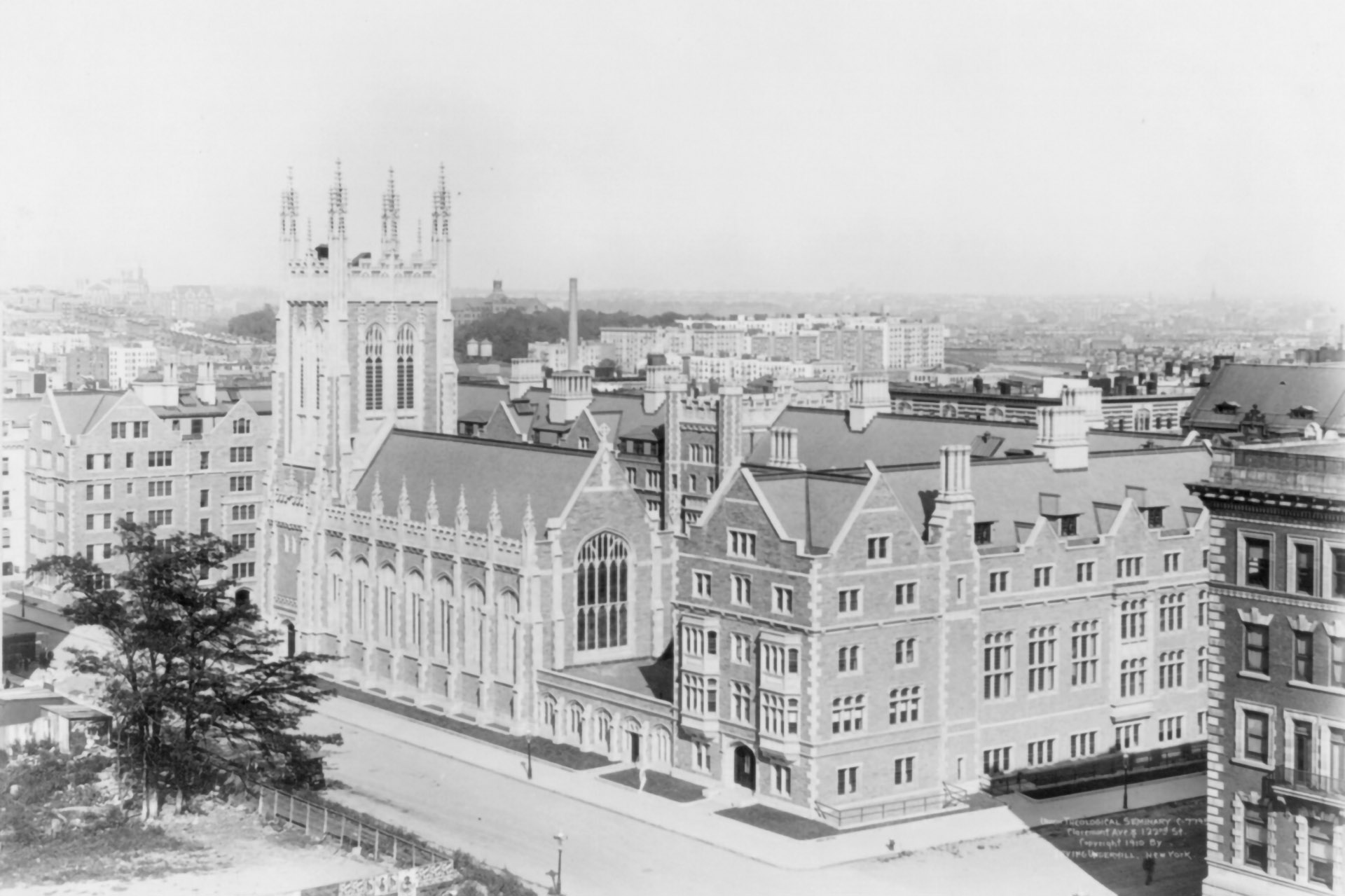
Then, in 1932, Niebuhr published Moral Man and Immoral Society, his most famous statement of his Christian realism. As the Carnegie Endowment’s scholar of international relations, Christopher S. Chivvis, smartly observed, the key is to recognize the central role that egotism plays in the actions of both individuals and nation-states. Although the metaphysical gift of freedom may allow individuals to resist some of their burden of selfishness, nations have a much harder time. In part that’s because there is little incentive for nations to act selflessly, while local ties of family and community aid the individual. And in part, nations rarely act altruistically because of democratically elected politicians’ reasonable understanding of the limits of their authority, representing the best interests of the nation. In largest part, however, Moral Man and Immoral Society insists that nations fail to be selfless because of a very Niebuhrian point: “ethical action,” he writes, cannot exist “without self-criticism,” and there can be “no self-criticism without the rational capacity of self-transcendence” that belongs to individuals, not to human aggregates.
The logic is harsh. If humans are inherently egotistical, intrinsically prideful—if sin is real in the individual, not just in the social forces that the Social Gospel movement saw—then the human city can never be the city of God. Individual interests must conflict by the very fact of their being individual—and by the fallen state of human beings, oppressing others for individual gain. (Niebuhr’s understanding of economics was never strong; he took Adam Smith’s point of individuals’ making of individual decisions, but he had in the early 1930s the socialist sense of limited economic resources: individuals gain only by taking away from others.) Human relations on any large scale must be “predominantly political rather than ethical.”
The clash of individual egotists means that society requires the police power of the government. But in international affairs, there is nothing superior to the nation-state (and Niebuhr had doubts about attempts at world government, fearing that, in an effort to transcend politics, world government would simply create a new and unanswerable level of politics). The nation-state thus exists in a state of fear, which demands that it increase its military and economic power—which increases fear in other states, demanding that they increase their own power. This pattern, Niebuhr thinks, will necessarily appear where power accumulates, a logical feature of human groups, and thus not curable by some greater instrument of power. “The human spirit” manifest in nation-states, he wrote, has a “curious mixture of fear of extinction and love of power.”
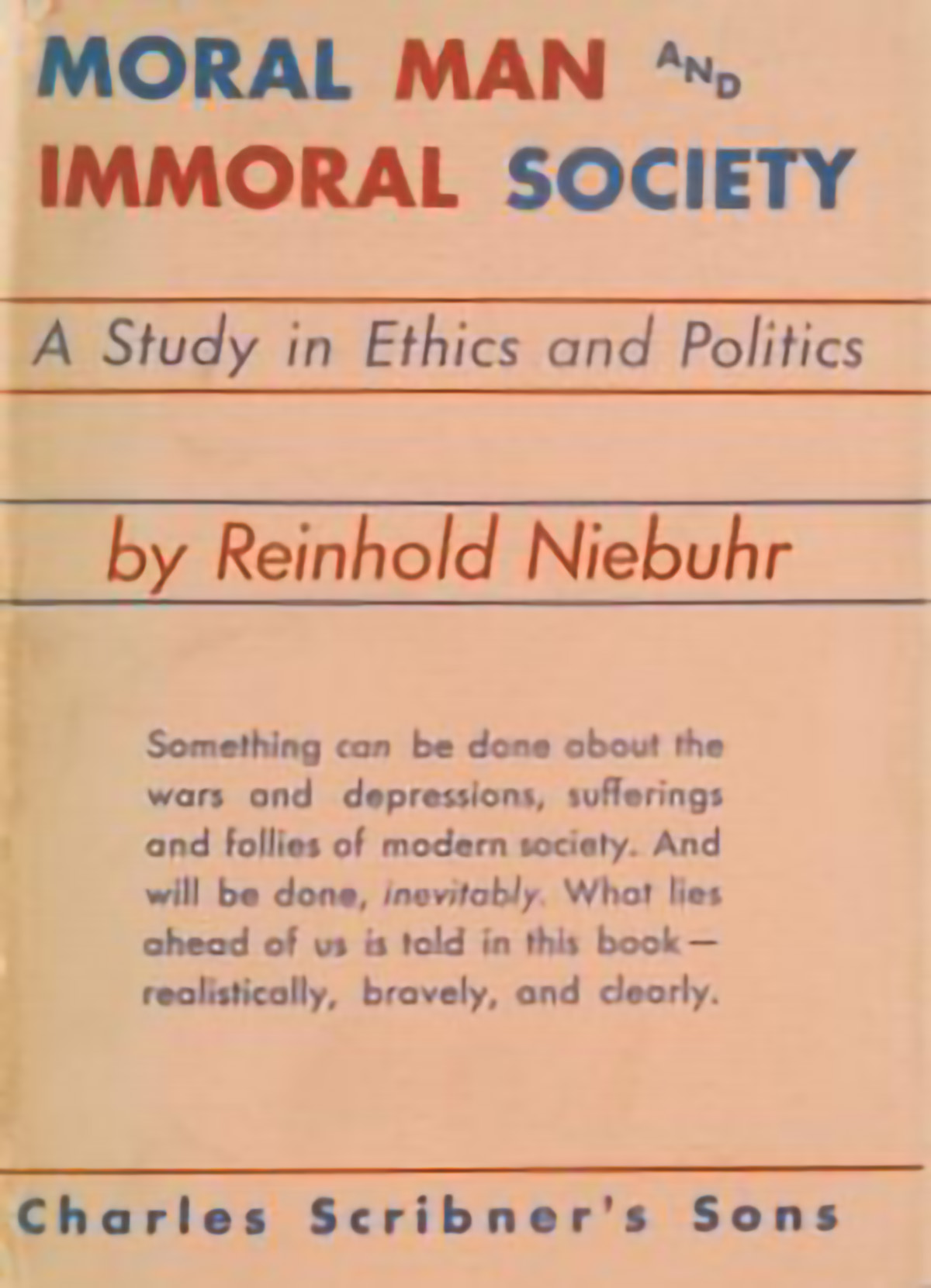
Constructing a Social Ethic
A good place to observe the balance—the sheer sanity—of Reinhold Niebuhr may be an exchange he had in the pages of Christian Century in 1932, the same year that Moral Man and Immoral Society appeared. The occasion was a plan for the United States to sell scrap steel (from World War I naval ships) to Imperial Japan, which was invading China and claiming Manchuria.
His interlocutor was his younger brother, H. Richard Niebuhr—another Protestant theologian, and later the author of the influential 1951 book Christ and Culture. What the younger Niebuhr shared with his brother was a sense of tragedy in the human condition: we are not what we were made to be in the Garden of Eden. Our motives are so corrupt that, even when we do good, we are unable to know and will the good precisely as good.
The initial piece (not intended as part of a debate) was a perfectly named March 23 article called “The Grace of Doing Nothing,” with H. Richard Niebuhr meaning the word grace. There may be vicious or confused reasons for not acting against Japan, which both brothers agree is doing evil in Manchuria. But the true pacifism of inactivity is different—particularly when it is unclear what form action might take. We might bully ahead and undertake some ineffective action for the sake of self-congratulation and what, these days, we’d call “virtue signaling,” inviting applause for our rectitude, even though it achieves nothing concrete. A sense of tragedy, however, allows us to understand the “moral problems” that “arise when there is nothing to be done.”
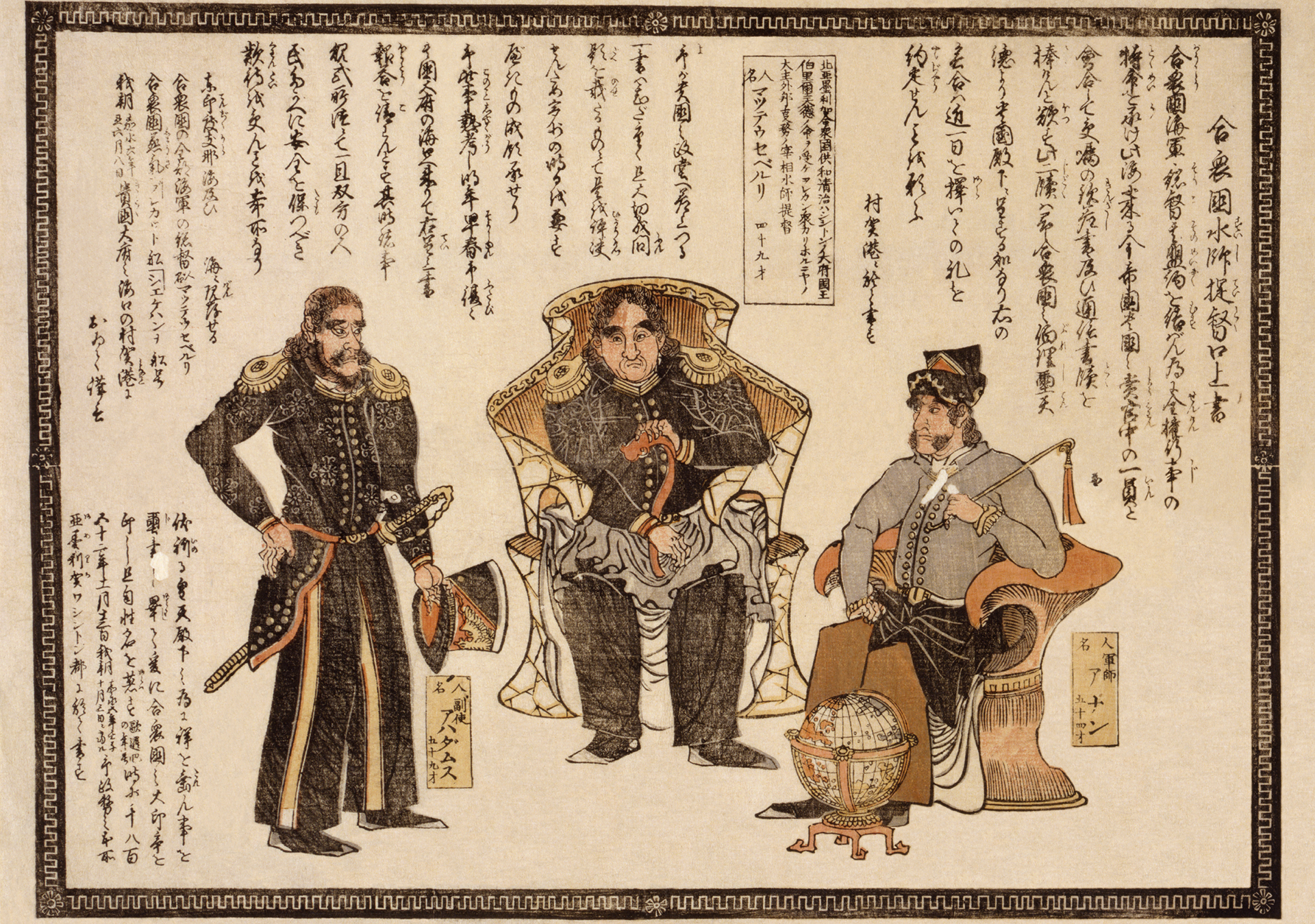
And a Christian faith helps us see that, even when we are helpless, God is helpful: working providentially for justice, in ways beyond our ken. Even though a Christian socialist at the time, H. Richard Niebuhr had little trust in the power of human beings to influence history for good. We cannot be certain, for example, that our intervention would not be sinful simply by attempting to work against the tribulation that God has willed in judgment of humanity.
Christians must “unite in a higher loyalty” that “transcends national and class lines of division”—very much a Social Gospel idea, akin to what Rauschenbusch called the “ganglion chain of redeemed personalities” that would form to eradicate social sin. “The inactivity of radical Christianity is not the inactivity of those who call evil good,” he concluded, “it is the inaction of those who do not judge their neighbors because they cannot fool themselves into a sense of superior righteousness. It is not the inactivity of a resigned patience, but of a patience that is full of hope” and “based on faith.”
The best response for believers would be repentance, since we cannot convince any other nation of its misdeeds unless we understand our own errors and stand as a clear example of the confessed sinner who acknowledges the depths of prior sin. The United States and Europe created the modern system of imperialism, and thereby taught Japan—which had Westernized itself astonishingly quickly in the 80 years after the 1853 opening of Japan by Commodore Matthew Perry and the U.S. Navy. Judged as one imperial power admonishing another, American intervention in the Manchurian war would seem hypocritical to the Japanese, who would interpret action as protecting American interests in China while wearing a mask of supposed virtue. Only genuine repentance could offer the true morality that might convince the Japanese to halt their evil militaristic campaign.
Justice needs at least partially a pragmatic analysis, seeking the best available solution.
The Christian Century editors, knowing the new directions of his thought, asked Reinhold Niebuhr to reply, which he did on March 30 with “Must We Do Nothing?” It remains a classic statement of the need to contemplate justice, rather than love, in the interactions of nation states. Where H. Richard Niebuhr had argued for the grace of doing nothing when we cannot be sure our motives are not corrupted by our own interests, Reinhold Niebuhr points out that the actions of nations always have complicated motives. Nations would never be able to act if we demand the purity of an ethics of love before they act.
The mistake his younger brother was making is what would later be called a category error: the group is not an individual, as the elder brother noted in Moral Man and Immoral Society. It’s in the nature of human beings (corrupted into pride and egotism by the Fall) that the aggregate entity cannot have the unified motive that would allow us to render the same moral judgment we would use for an individual’s action. “I find it impossible to envisage a society of pure love as long as man remains man,” Reinhold Niebuhr concludes.
That means we need a different standard for nations. Love is the closest to an altruistic motive that an individual could have, but the necessarily impure actions of a group cannot be evaluated by their quotient of love. They must be evaluated by their quotient of justice, the virtue of politics: what the group possesses when it interacts well with individuals and other groups, what the group lacks when it interacts poorly. Justice requires acknowledgment of rights, for example, which are extraneous to the actions of love. Justice seeks balance, while love is by its nature disproportionate. Justice needs at least partially a pragmatic analysis, seeking the best available solution and refusing to let the perfect be the enemy of the good.
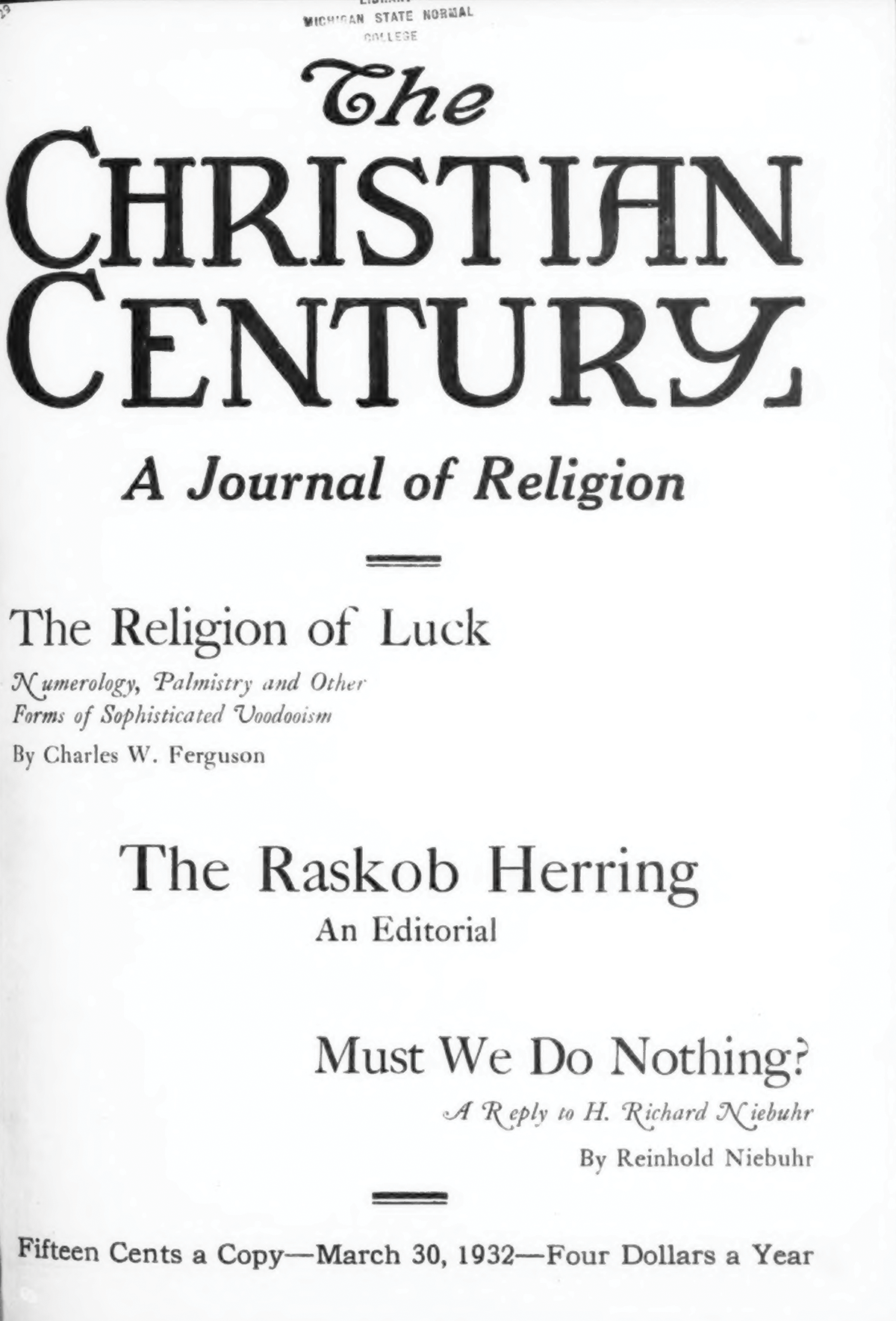
“I realize quite well that my brother’s position both in its ethical perfectionism and in its apocalyptic note is closer to the gospel than mine,” Reinhold Niebuhr writes in an extraordinary passage. “In confessing that, I am forced to admit that I am unable to construct an adequate social ethic out of a pure love ethic. I cannot abandon the pure love ideal because anything which falls short of it is less than the ideal. But I cannot use it fully if I want to assume a responsible attitude towards the problems of society.”
The word responsible may be the most weighted, and his criticism of H. Richard Niebuhr takes a sharp turn: “What makes my brother’s eschatology impossible for me is that he identifies everything that is occurring in history (the drift toward disaster, another world war and possibly a revolution) with the counsels of God,” he writes—“and then suddenly, by a leap of faith, comes to the conclusion that the same God who uses brutalities and forces, against which man must maintain conscientious scruples, will finally establish an ideal society in which pure love will reign.”
We achieve nothing—falling into the passivism of either “asceticism or apocalypticism”—when we make this irresponsible turn. “I should think that it would be better to come to ethical terms with the forces of nature in history, and try to use ethically directed coercion in order that violence may be avoided.” The hope that “a kingdom of pure love will emerge out of the catastrophes of history” is astonishingly implausible. “I have more than one difficulty with such a faith. I do not see how a revolution in which the disinterested express their anger and resentment, and assert their interests, can be an instrument of God, and yet at the same time an instrument which religious scruples forbid a man to use.”
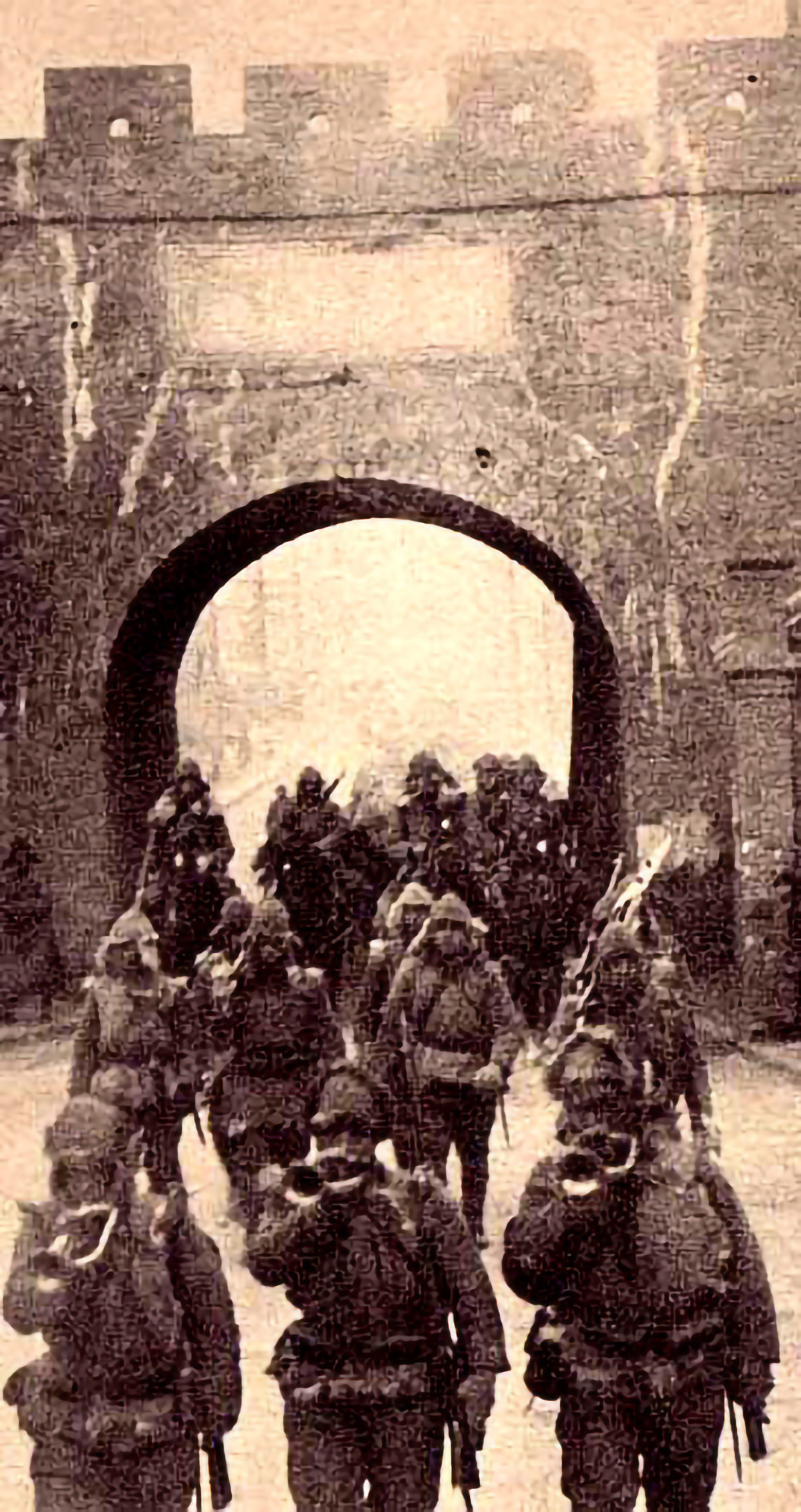
In practical terms, that means the United States should “try to dissuade Japan from her military venture, but must use coercion to frustrate her designs if necessary.” Yes, the “constant self-analysis” that includes repentance would help “reduce the moral conceit of Japan’s critics,” but we must not “sacrifice the possibility of achieving an ethical goal because we are afraid to use any but purely ethical means.”
The root of this Christian realist analysis is close to what John Keats called “negative capability”—the ability to think conflicting ideas simultaneously, the capacity to hold them in balance. In this case, the first idea is that people are sinful, and the second is that they are called to love God and neighbor. The former is brutal realism. The latter is literal idealism. And the connection between them is the political-theory claim that people are free by design, which originates in the belief that human beings are created in the image of God.
The interaction of nations rests on the fact that freedom means there must be a division between the morality of individuals and the ethics of a state. “To say all this is really to confess that the history of mankind is a perennial tragedy,” Reinhold Niebuhr concludes, “for the highest ideals which the individual may project are ideals which he can never realize in social and collective terms.” We live under the shadow of tragedy because “man cannot live without a sense of the absolute, but neither can he achieve the absolute.”
H. Richard Niebuhr responded with “The Only Way into the Kingdom of God” in the April 6, 1932, issue of Christian Century, the final entry in the “fraternal war between my brother and me.” He admits the tragedy of history for individuals, in his brother’s terms, but rejects the conclusion for believers in God’s providence: in history, “tragedy is only a prelude to fulfillment.”
His brother’s Christian realism makes “Christian love” nothing more than “an ambulance driver in the wars of interested and clashing parties.” If a society can contain Christians, then repentance has a meaning for a society, just as it has for individuals, which means love can act even at the level of nation-states in history.
If we are not called to passivism, then we cannot reject moral ethical goals achieved with less ethical means and imperfect motives.
What H. Richard Niebuhr sees as naïve in his brother’s views is his lack of awareness of the limitations of power—particularly the limitations of militarily projected power in international situations. There’s probably some irony in the fact that the brother with the view closest to Christian idealism argues against action, and the Christian realist brother argues for action. But H. Richard Niebuhr urges us to resist the impulse to do something just because a situation seems intolerable. Anything the United States might do about Japan in Manchuria would not achieve much. The nation’s power is limited and finite, while God is infinite: “the rock against which we beat in vain, that which bruises and overwhelms us when we wish to impose our wishes, contrary to his, upon him.”
A Humble Acceptance of the Imperfect
In his 1943 book, The Nature and Destiny of Man, Reinhold Niebuhr explains the egotism of the individual as born in the sin of pride, which he takes as Adam’s deep fault—where pride means the attempt to substitute the self for God. This formulation grants Niebuhr the key conclusion of his thought: the need for humility.
If we are not called to passivism—if evil in the world must be faced—then we cannot reject the possibility of moral ethical goals achieved with imperfect means and mixed motives. Certainly we cannot refuse action because, lacking the omniscience of God, we cannot see the ultimate consequences of what we do. Not a fool, Niebuhr saw that the United States had economic incentives to oppose Japan’s invasion of China. But he also understood that this did not prohibit action. What the Japanese were doing was an injustice, to which must be added the evil of their behavior as they performed that injustice. The fact that the United States had had its own imperialistic adventures need not ruin the need to oppose injustice and evil.
This may look like a license to go abroad “in search of monsters to destroy” (in John Adams’ phrase), but Niebuhr’s pragmatism intervenes with his sense of humility as the proper response to the individual pride that causes nation-states to act the way they do—and his sense of tragedy in the gap between the Great Commandment’s call of individuals to love and the limitations on the authority of political leaders to force nations to act as though they were individuals.
What are we to do with all this? What are we to make of Reinhold Niebuhr now, more than 50 years after his death? We might take seriously the fact than Niebuhr has always had more admirers than disciples. We can measure our inability to get more from the man by the difficulty we have re-creating his kind of analysis in new situations. His thought gives us more a method of thinking than a system for deriving a conclusion.
In both socio-politics and international affairs, part of the attraction of realism is that it’s so simple: an easy way to see events and decide how to interact with them. The lure of idealism is much the same. A terrible simplifying defines them both. Whatever else he was, Reinhold Niebuhr was not a simple man. He could be wrong about the events he analyzed, but he rarely took the easy, ideological path to deciding about them. Really, Christian realism was the bow that could release only the one arrow that was Niebuhr. And we are left to watch its arc, trying to learn the man’s sanity and good sense.








